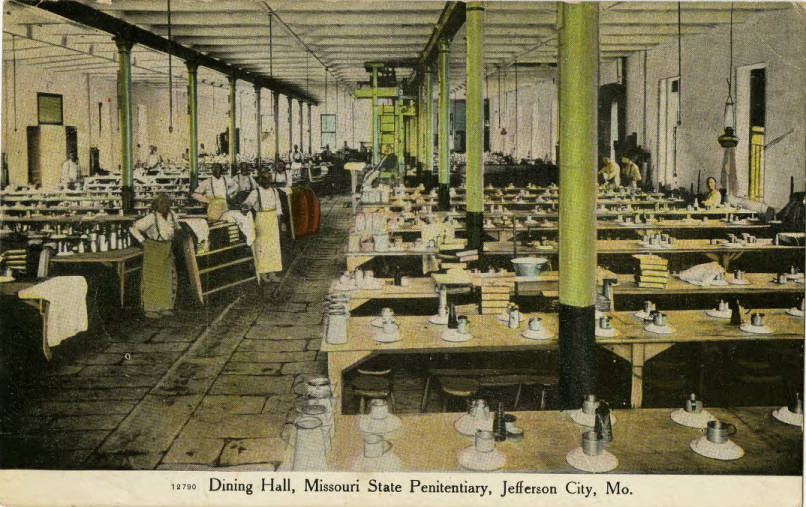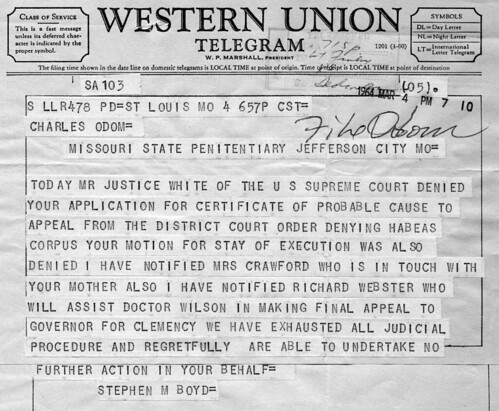Missouri (where I live) isn’t known as a hot bed of technology. Or, perhaps it is and I was just unaware. Always a possibility. Anyway… I came across a fascinating story by Monica Davey (New York Times). Judges in Missouri are the first in the country to use a computer algorithm to compute the cost of the sentence they hand down. From Ms. Davey’s story:
“Months ago, members of the Missouri Sentencing Advisory Commission, a group of lawyers, judges and others established by state lawmakers years ago, voted to begin providing judges with the cost information on individual cases.
The concept is simple: Fill in an offender’s conviction code, criminal history and other background, and the program spits out a range of possible sentences, statistical information about the likelihood of Missouri criminals with similar profiles to commit more crimes, and, most controversially, the various options’ price tags.
For someone convicted of endangering the welfare of a child, for instance, a judge might learn that a three-year prison sentence would run more than $37,000 while probation would cost $6,770. A second-degree robber, a judge could be told, would carry a price tag of less than $9,000 for five years of intensive probation, but more than $50,000 for a comparable prison sentence. The bill for a murderer’s 30-year prison term: $504,690.”
This makes perfect sense to me. Good to see Missouri out in front on something like this.



